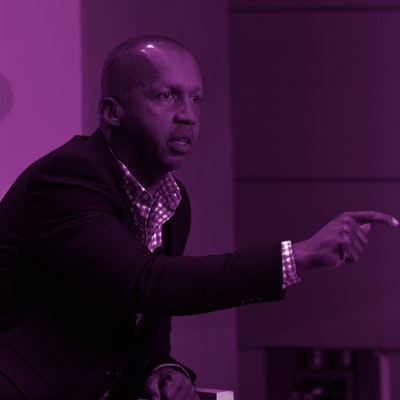
When you have a society where the worst health outcomes settle within the same racial caste over and over again, you have to expect the coronavirus would be no different.
Show Notes
When Covid-19 first started appearing in the United States, it was perceived as an illness that affected travelers, like Tom Hanks. Soon, though, it became clear the disease was infecting people of color more than any other group. Black people are 3.5 times more likely to die of the virus than white people, and Latino people are nearly twice as likely to die, according to researchers at Yale and the University of Pittsburgh. Why is this? Part of the problem is that racism is embedded in the country’s health care system. Raegan McDonald-Mosley, chief medical officer of Planned Parenthood of Maryland, and Thomas Fisher, emergency medical physician at the University of Chicago, speak with Maria Hinojosa, anchor and executive producer of NPR’s Latino USA, about American racism through the lens of Covid-19. The views and opinions of the speakers in the podcast do not necessarily reflect those of the Aspen Institute.
McDonald-Mosley, Fisher, and Hinojosa spoke on June 10, 2020 as part of the Covid-19: Health Care at an Inflection Point webinar series co-presented by the Aspen Institute’s Health Innovators Fellowship and the Health, Medicine, and Society Program. McDonald-Mosley and Fisher are both Aspen Health Innovators Fellows.
Learn More
Additional Information
Explore
Related episodes


The coronavirus crisis is impacting poor, low-income, and people of color disproportionately.


Today race is a more prominent and intransigent problem than ever.


Bryan Stevenson, founder and director of the Equal Justice Initiative, speaks with Harvard President Drew Gilpin Faust about his organization’s efforts to build a museum examining the legacy of slavery, racial terrorism, segregation, and police violence.






